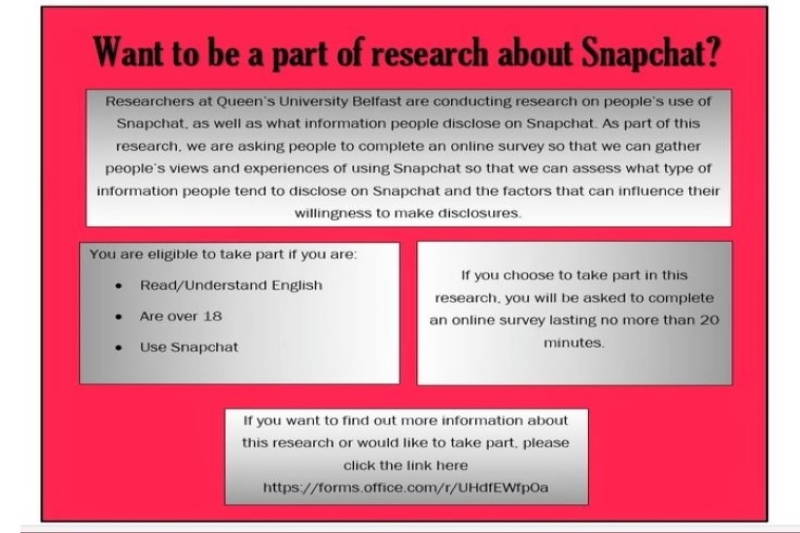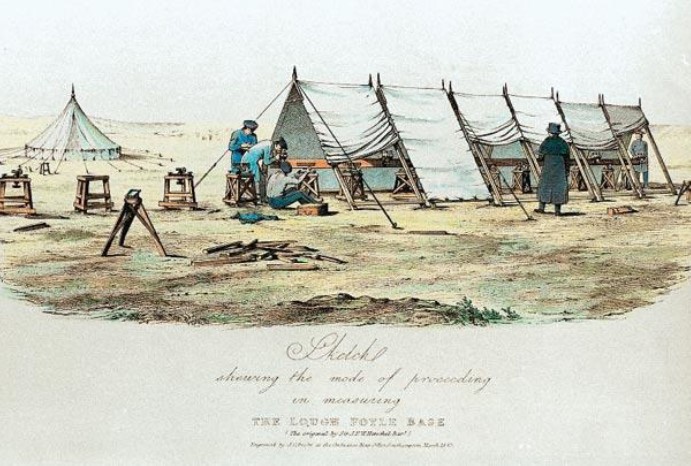A Digital Framework for the Medieval Gaelic World. Recent decades have witnessed remarkable advances in the availability and variety of online resources for research into the pre-Modern world. We often think that this will make research easier, faster and more efficient, but there is a recognition that it has also changed the nature of scholarly research and the ways in which the public can interact with it. This network will focus on the impact of digitisation on research into medieval Ireland and Scotland. We hope that a better understanding of how we currently use digital resources will lead to improved applications of technology in future research and more intelligent, innovative use of resources.
Gaelic is the native language spoken in Ireland, Scotland and the Isle of Man for the best part of the last two thousand years. Despite its longevity, the language has been marginalised over recent centuries and has become a largely hidden heritage. However, it contains the most extensive early literature in a native language in Europe outside of Greek and Latin, stretching from the 7th century to the present day, including a vast body of tales, history, laws, and poetry which is wholly unparalleled anywhere in the world. Digitisation has the potential to open up the resources for Gaelic literature and history to a much wider audience and to transform the nature of research in the field.
This network is funded by the Arts and Humanities Research Council and the Irish Research Council.
Friel Reimagined is a unique drama research and engagement project based on the work of acclaimed playwright Brian Friel (1929-2015). The project is based at the School of Arts, English and Languages at Queen’s University, with support from the National Lottery Heritage Fund and The Steel Charitable Trust. Our project team, led by Dr Paul Murphy, is working to digitise a selection of Friel’s papers held at the National Library of Ireland, and open them up to connect diverse audiences with the legacy and writings of Friel.

Researchers at QUB are conducting research on people’s use of Snapchat, as well as what information people disclose on Snapchat. As part of this research, we are asking people to complete an online survey so that we can gather people’s views and experiences of using Snapchat so that we can assess what type of information people tend to disclose on Snapchat and the factors that can influence their willingness to make disclosures. If you want to find out more information or would like to take part, please click here.

OS200 is a 3-year project jointly funded by the Irish Research Council (IRC) and the Arts and Humanities Research Council (AHRC), part of a €6.5m programme of research bringing together world-leading expertise in the digital humanities across the UK and Ireland.
The project aims to gather historic Ordnance Survey (OS) maps and texts to form a single freely accessible online resource for academic and public use. This digital platform will reconnect the First Edition Six-Inch Maps with the OS Memoirs, Letters and Name Books and in doing so will enable a team of researchers from across Ireland - north and south - to uncover otherwise hidden and forgotten aspects of the life and work of those employed by the OS as they mapped and recorded landscapes and localities.
The project seeks to reconstruct an ‘ethnography’ of the OS in Ireland, looking in detail at the movements of individuals, as well as their links with others, with informants and other OS personnel, studying the timing and geography of these movements and the unfolding of OS operations across Ireland during the late-1820s through into the 1830s.
To this end, the digital outcomes of OS200 will not only advance our understanding of how Ireland was mapped two centuries ago, but also open up to wider and new audiences the legacies and impacts of the OS, recognising the lasting significance of what was accomplished and marking the bicentenary of its instigation.
The project is supported by the Royal Irish Academy, Public Record Office of Northern Ireland, and Digital Repository of Ireland.